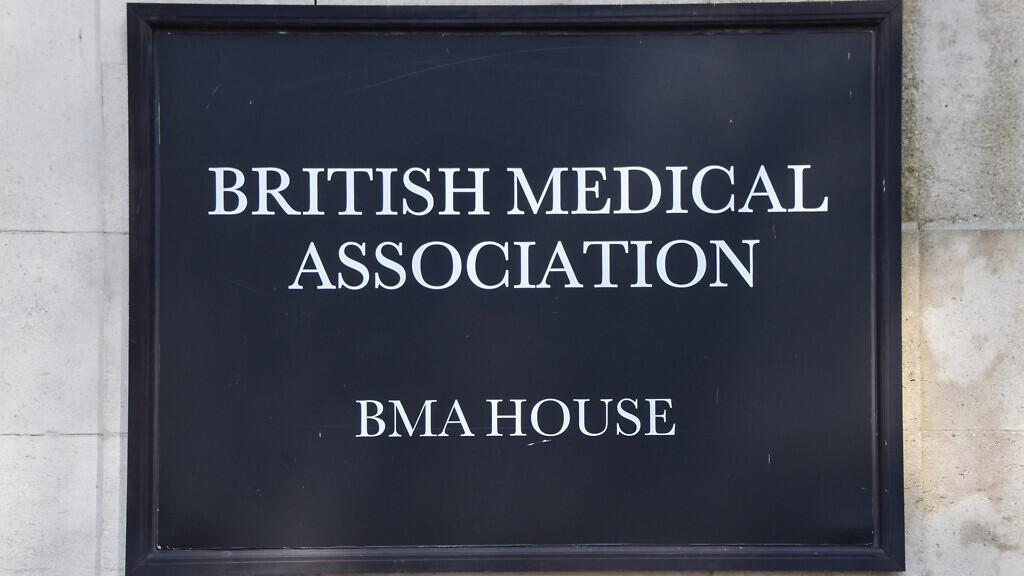Both the British Medical Association and the Royal College of Nursing stand in vocal opposition to the government’s 2.8% pay rise recommendation.
The government has published a recommended pay raise for doctors, dentists, and other healthcare workers of 2.8%, which has been criticised by the sector.
The Department of Health and Social Care (DHSC) submitted written evidence to the review body on doctors’ and dentists’ remuneration (DDRB) for the 2025 to 2026 pay round.
“DHSC view this as a reasonable amount to have set aside based on the macroeconomic data and forecasts and taking into account the fiscal and labour market context,” it said.
Explaining its decision the government pointed to the “difficult decisions” it had made across tax, spending and welfare through the budget and the need to “repair the public finances”.
The pay rise will apply to consultants, doctors and dentists in training, specialist, associate specialist and speciality doctors, uplifts for contractor general medical practitioners and the minimum and maximum pay ranges for salaried general medical practitioners, the pay element of remuneration for dentists employed by or providing services to the NHS.

A poor grasp
Philip Banfield, chair of council at the British Medical Association (BMA), criticised the recommendations suggesting that it indicates “a poor grasp” of the unresolved issues from two years of industrial action.
When doctors accepted their pay offers this summer, he continued, the government was under no illusion about the need to continue to reverse “the effects of pay erosion”, the path set to achieve that in future pay rounds, and the very real risk of further industrial action if this was not achieved.
“This sub-inflationary suggestion from the current government serves as test to the DDRB. The BMA expects it to take this opportunity to show it is now truly independent, to take an objective view of the evidence it receives from all parties – not just the government – and to make an offer that reflects the value of doctors’ skills and expertise in a global market, and that moves them visibly further along the path to full pay restoration,” he concluded.
Outdated and bureaucratic
The mood of the BMA was echoed by the Royal College of Nursing (RCN).
“The government has today told nursing staff they are worth as little as £2 extra a day, less than the price of a coffee,” said Nicola Ranger, general secretary and chief executive professor at the nursing union and professional body.
She pointed out that RCN members had voted to reject the 2024/25 pay award because it did not achieve fair pay for nursing calling it “outdated and bureaucratic”. Instead, she wanted the government and NHS employers to hold direct talks with unions instead.
“The public understands the value of nursing and they know that meaningful reform of the NHS requires addressing the crisis in nursing,” she said.
The college has now drafted an open letter calling on local MPs to support direct negotiations to address fair pay in the NHS.



